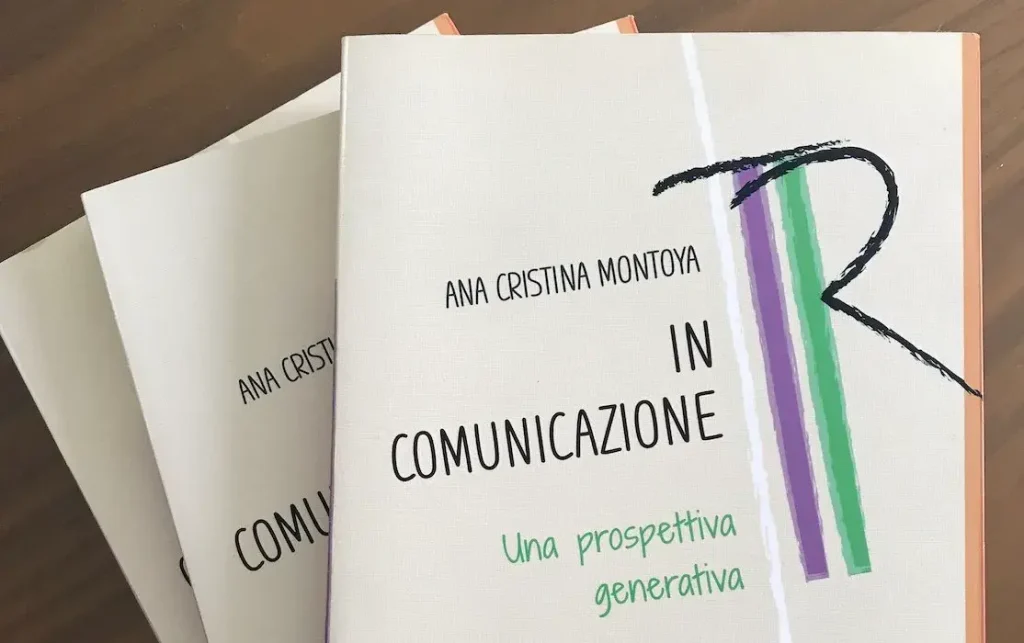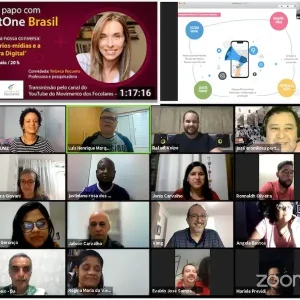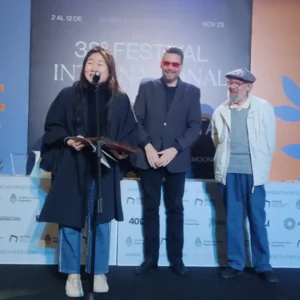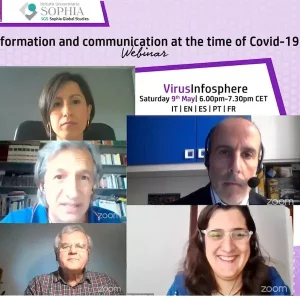
15.10.2021
As part of the series Traces, the book In-communication (a generative perspective), by Ana Cristina Montoya (NetOne Colombia), published by the publishing house Città Nuova and by the Sophia University Institute, Loppiano (Italy).
Source: Città Nuova
In the prologue to the book, by Paolo Rufini, Prefect of the Dicastery for Communication of the Holy See, we read:
“The author accompanies us on a journey of rethinking the role of a communication made to generate relationships. Some passages particularly struck me. The first concerns the sense of limit in a time that presumes its non-existence; as if technology legitimises anything beyond it. A great temptation. A false truth. The second concerns the false dilemma between identity and otherness. As if we really must, in order to be ourselves, deny others, and not instead exactly the opposite: to rediscover ourselves by mirroring ourselves in the other. The third concerns the importance of words, the use we make of words by distorting their meaning and thus turning communication into misunderstanding, memory into forgetfulness’.
“But the real centre of this essay lies in the refutation of the technocratic paradigm as a happiness formula, and in the critique of economic theory that reduces every relationship to a transaction, every encounter to the measurement of reciprocal consumption capacity, every dialogue into a monologue, every silence into an emptiness instead of a fullness, every time devoted to listening a time lost instead of a time gained, every dialogue a risk to be avoided”.
Ana Cristina Montoya, Colombian, holds a doctorate and master’s degree in Communication and is currently professor at the Department of Social and Political Sciences, Economics and Management of the Sophia University Institute (IUS), where she teaches Fundamentals dialogic processes, Generative Communication and Introduction to Intercultural Dynamics. The Tracce series offers short and perspective essays written with an “inter- and transdisciplinary approach aimed at fostering interaction between knowledge in a wisdom horizon, which does not erase the autonomy of each but grasps the common roots and purposes” and that “has the objective of implementing theoretical paradigms and operational practices to promote an anthropologically and ethically integral and shared development” (IUS).








